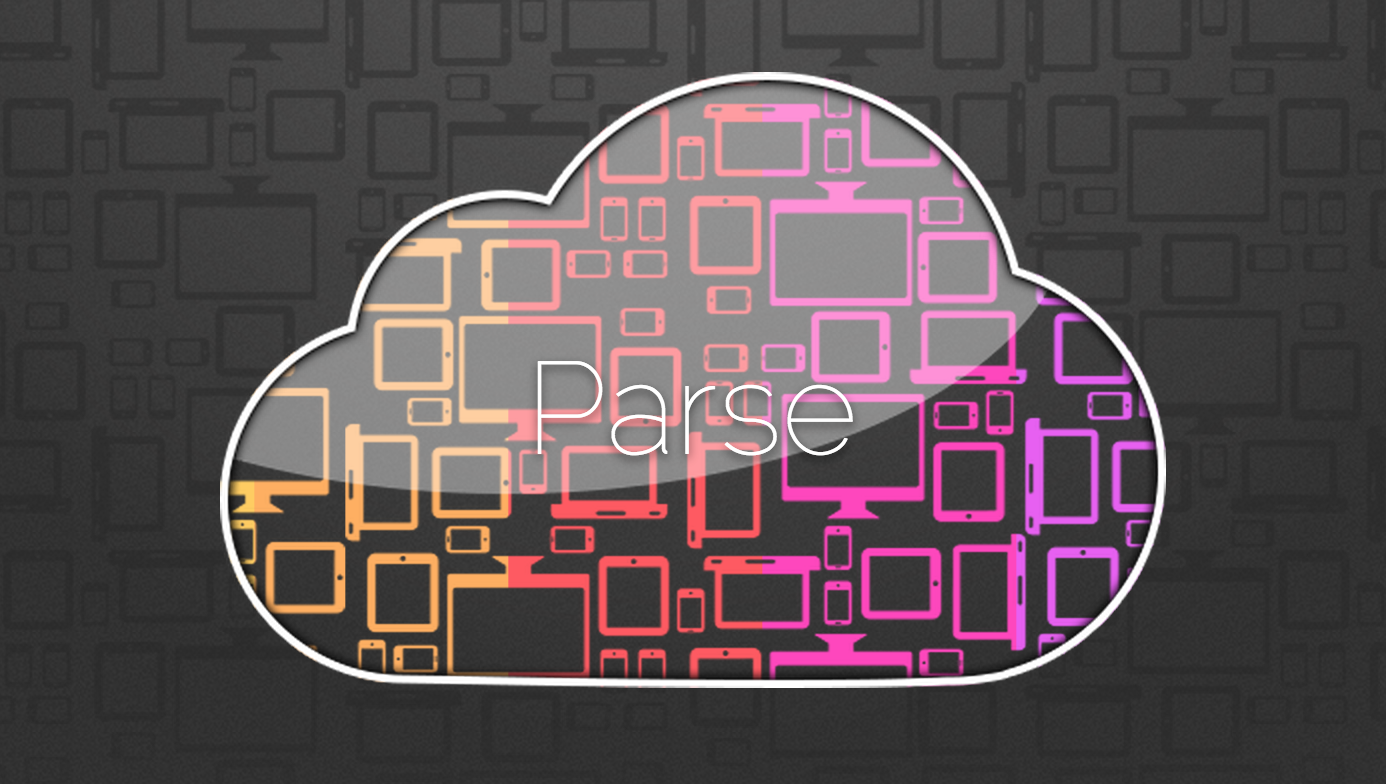What is Parse in Programming?
Businesses and other organizations are increasingly turning to cloud computing services to run their operations more efficiently and economically. Doing so gives them greater flexibility when it comes to maintaining software and infrastructure because they can outsource a lot of their IT functions to a third party.
When it comes to mobile apps and web applications, organizations need to balance the computational load from the front end of the application itself and the back end for each kind of service their app needs. Programmers refer to this use of cloud computing as Backend as a Service or BaaS (and call it mobile Backend as a Service or mBaaS when referring to mobile devices). It makes sense to use cloud computing services when so many devices can access the Internet while people are on the go.
Everything About Parse
One popular implementation of BaaS is Parse, a cloud computing services company that was acquired by Facebook. Programmers who are developing mobile and web applications have come to rely on the Parse platform to drastically speed up development time. You can use Parse to quickly build apps for iOS, Android, and Windows devices.
With Parse, developers can focus more on creating an excellent user experience and interface instead of dealing with complicated backend infrastructure issues. At OpenXcell, our team has been using Parse for a variety of clients to help us build mobile as well as web apps quite efficiently.
How Does Parse Work?
You don’t need to be a programmer to understand how Parse works, but it is useful to have an idea about its functions so you can see how useful the platform will be for the developers you hire to code your web or mobile app.
When you create an app, Parse has a dashboard that you can use to see details about how the app functions. The Overview tab will show you statistical details, including the number of API calls the app made, how many push notifications it sent out, and the general traffic. With the Data Browser, you will get to examine all user information and the data that has been uploaded to the backend that’s been set up for the app.
What Are the Benefits of Using Parse?

One of the most important benefits of using Parse is that it frees developers from having to focus on building a robust backend for their mobile and web apps, letting them give their attention to the design, development, and testing of the app itself.
Instead of building more computational and storage power into a smartphone, for example, you could “outsource” the software by launching it in the cloud. Your users, whether they are using your flagship app or playing a fun new game that you’ve just released, can get by with less computing power on the device and let the backend take care of it in the cloud.
Imagine having a vast array of servers that are redundantly backed up in multiple locations around the world. Do you know how much server capacity you are going to set up so your users can do things such as exchange text messages within the app, or share data with one another?
Cloud computing services are easily expandable, so you can seamlessly meet the needs of your users as the base grows. You might get some favorable publicity and see a surge in people downloading and using your new app or game. You’ll be able to meet the heavy computational demands that the users place on the app with the Parse backend handling the details.
With that in mind, you should know that a wide variety of organizations have found it beneficial to use Parse, including Sesame Street, Cisco, Cadillac, and the Travel Channel. Your organization can benefit from these services as well if you elect to have OpenXcell develop your app using Parse.
What Type of App is Parse Most Suitable for Using?

Any kind of app that requires back-end computing will benefit from using Parse. Whether you have created a new social app to help people share images with one another or want to help them create, manage and store information in massive databases, you can rely on Parse to quickly develop apps.
You may be interested in developing a new game for mobile devices and you want a way to make it easy for players to communicate with one another, share their high scores, and perhaps purchase upgrades within the app to give their characters enhanced powers or additional lives.
Any time you want to create an app that requires users to sign up and create an account and then log in to access services or to share information with other users, you can use Parse to handle all the logistics. Your users will be able to quickly log in and then upload a video or picture, for example, or see comments left by other users of the app with data served by the backend.
If you build your game to take advantage of Parse, you have access to API libraries and can start using techniques such as push notifications and advanced database access to give your users a world-class experience. What’s more, your apps and games can incorporate powerful analytics to help you deliver a better experience to your users.
With Parse, you can also make it easy for your app users to make accounts on social media such as Twitter and Facebook.
Do you need to create an online store that’s integrated with your mobile or web app? With Parse, a developer can focus on making the user experience easy, fun, and intuitive while remaining confident that all the backend work will be handled through the Parse platform.
How Can OpenXcell Help You?
At OpenXcell, our developers have experience using Parse to create engaging apps and games for customers quickly and efficiently. If you have a new app in mind for the web or for mobile devices, please feel free to contact the experts at OpenXcell to learn more about how we can get you up and running on any platform today.








